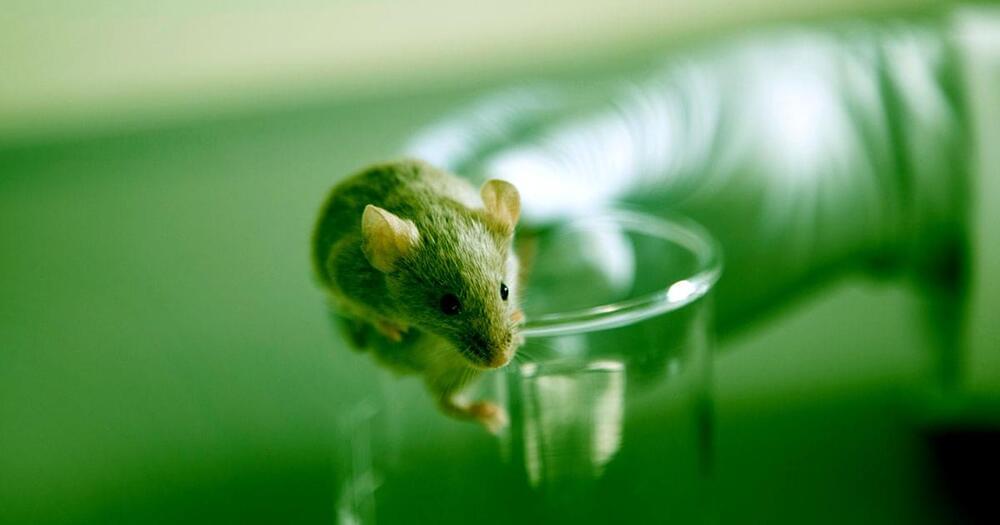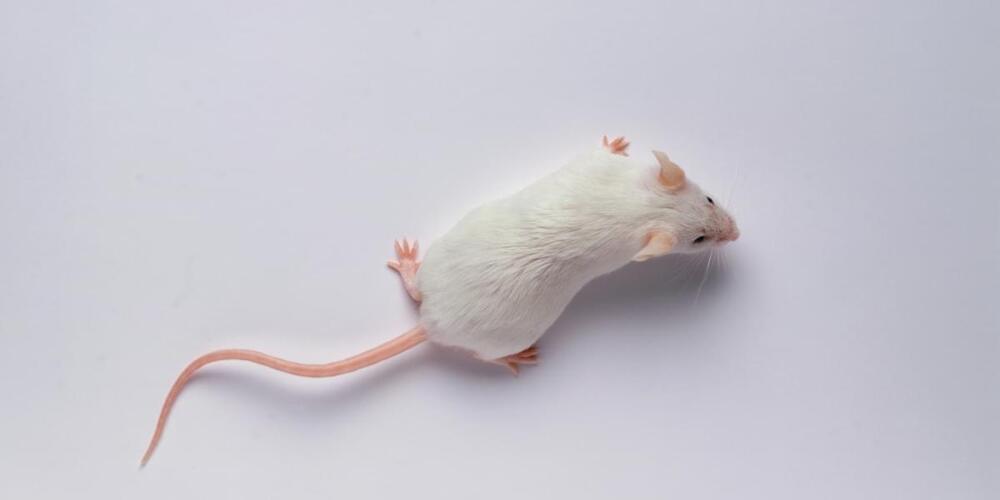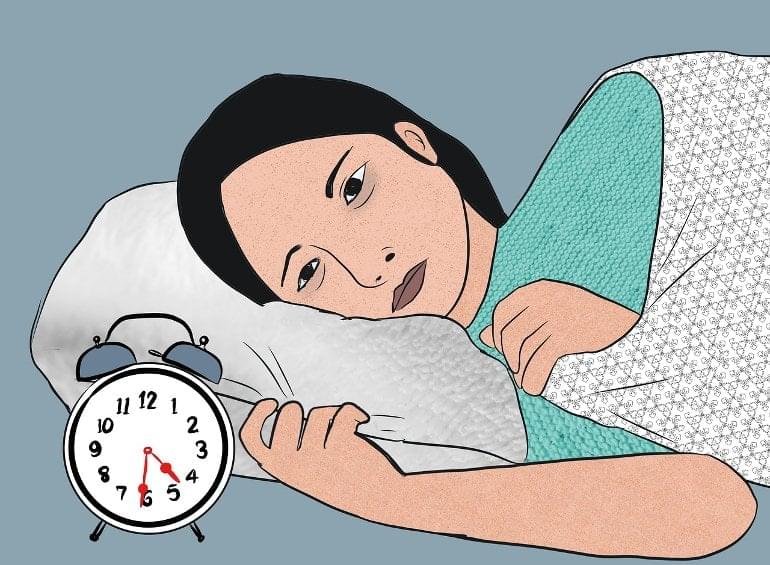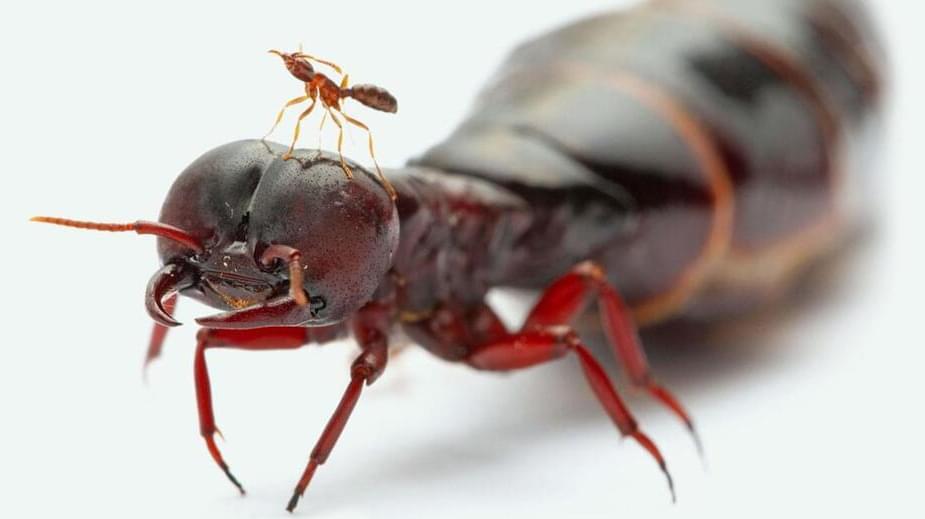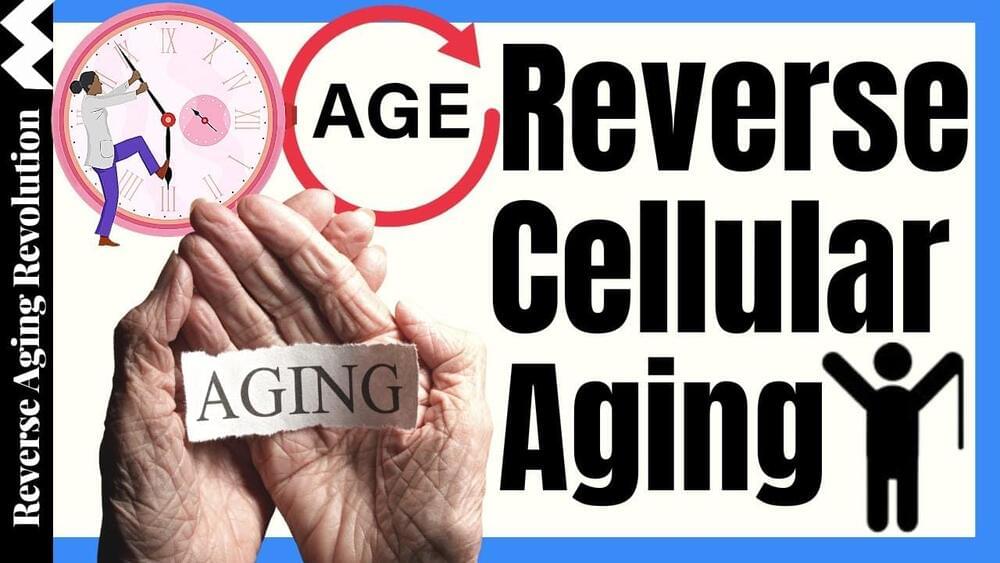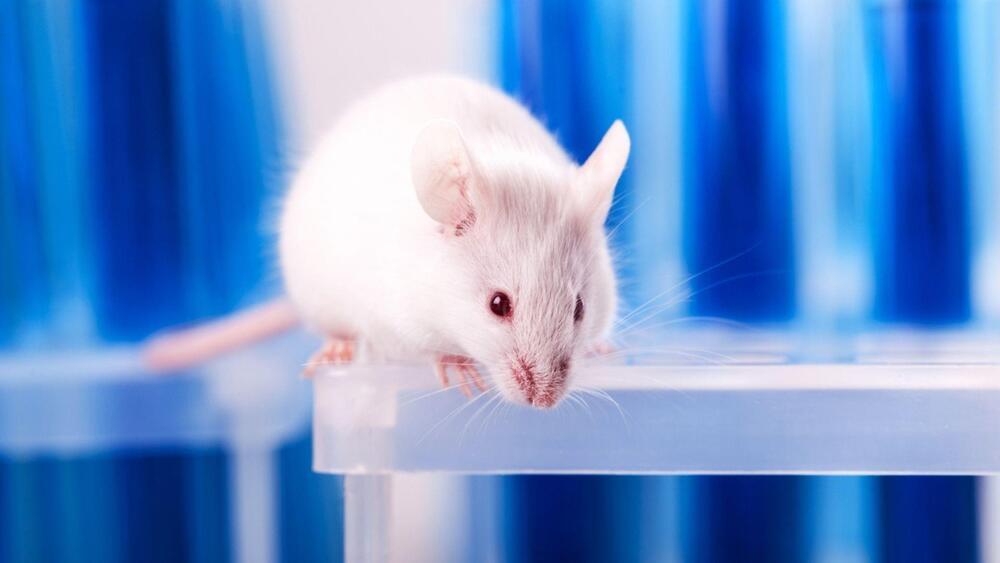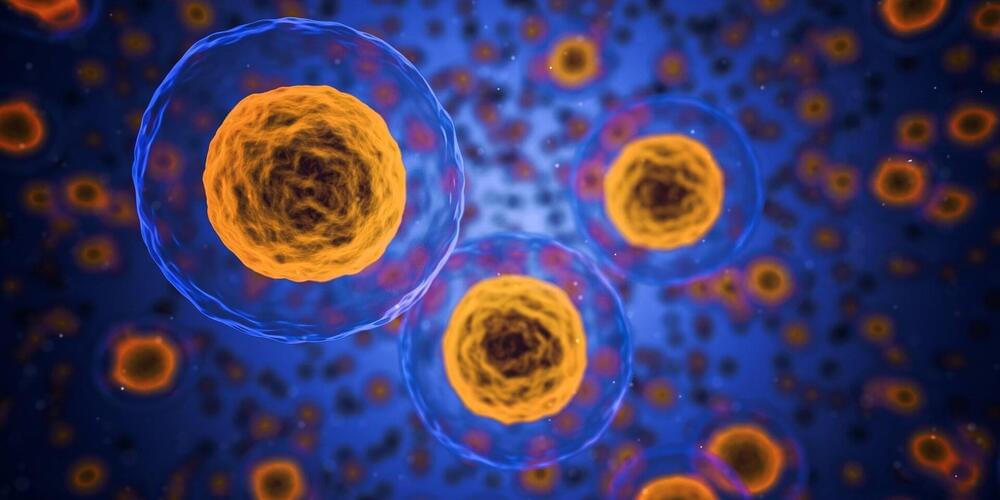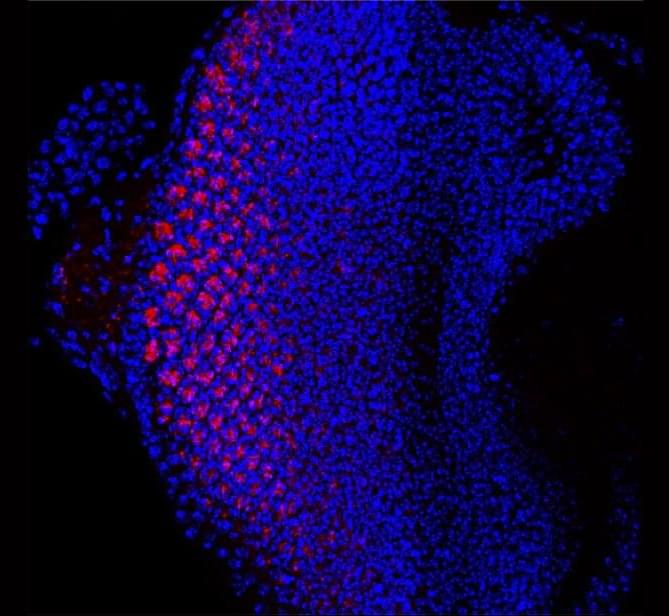Jan 13, 2023
Scientists Say They Gene Hacked Mice to Double Remaining Lifespan
Posted by Shubham Ghosh Roy in categories: biotech/medical, genetics
San Diego-based biotech startup Rejuvenate Bio is making a major claim that’ll likely draw heated scrutiny from the scientific community: that its technology was able to significantly extend the lives of elderly mice.
According to a yet-to-be-peer-reviewed paper, scientists at the company say an injection that reprograms genes in the bodies of senior mice effectively doubled their remaining life span, MIT Technology Review reports.
In tests, the company found that treated mice lived on for another 18 weeks on average. Those who were not treated in a control group only lived for another nine weeks. Overall, they say, the gene hacked mice lived roughly seven percent longer overall.
